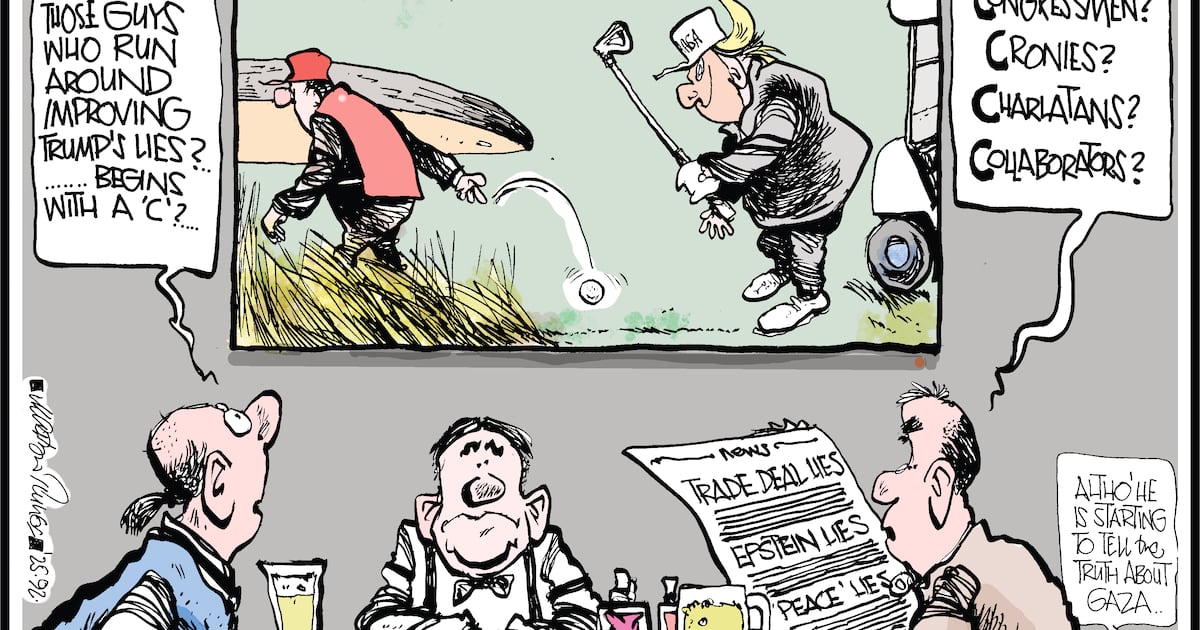Politics
New Trade Agreement Boosts Economic Ties Between UK and EU

A new trade agreement between the United Kingdom and the European Union aims to strengthen economic ties, enhancing trade opportunities and reducing barriers. Officially signed on March 31, 2025, this agreement is expected to generate an estimated £2 billion in additional trade revenue for both sides over the next five years.
The deal was announced during a joint press conference featuring UK Prime Minister Rishi Sunak and European Commission President Ursula von der Leyen. Sunak expressed optimism about the future of UK-EU relations, stating, “This agreement marks a pivotal moment in our partnership. We are committed to building a prosperous and cooperative future together.” Von der Leyen echoed these sentiments, emphasizing the importance of collaboration in a globalized economy.
The new trade framework focuses on creating a streamlined process for exporters and importers, reducing customs delays that have plagued businesses since the UK’s departure from the EU. Key elements of the agreement include the establishment of a joint customs union, which is designed to simplify tariff regulations and ensure smoother trade flows.
Impact on Businesses and Consumers
For businesses operating across both regions, this agreement is expected to lower costs and increase competitiveness. According to industry analysts, companies stand to benefit from reduced tariffs on goods, which could lead to lower prices for consumers. “This is a significant step towards normalizing trade relations post-Brexit,” said economic analyst Julia O’Sullivan. “The immediate benefits will likely be felt in sectors such as manufacturing and agriculture, where tariffs have historically been a barrier.”
The agreement also includes provisions for regulatory cooperation, which aims to align standards and reduce unnecessary bureaucratic hurdles. This aspect is particularly significant for businesses that operate in highly regulated industries, such as pharmaceuticals and food safety.
Future Prospects and Challenges
While the agreement is being heralded as a positive development, challenges remain. Some experts caution that political tensions could still affect implementation, especially regarding issues related to Northern Ireland and fishing rights.
The deal’s success will depend not only on its terms but also on the commitment from both sides to uphold the agreement in good faith. Analysts suggest that monitoring mechanisms will be crucial to ensure compliance and address any disputes that may arise.
As the UK and EU navigate this new chapter in their relationship, the economic implications of this agreement will be closely watched. The hope is that it will pave the way for more collaborative efforts in the future, fostering an environment conducive to trade and investment.
-

 Top Stories3 months ago
Top Stories3 months agoTributes Surge for 9-Year-Old Leon Briody After Cancer Battle
-

 Entertainment4 months ago
Entertainment4 months agoAimee Osbourne Joins Family for Emotional Tribute to Ozzy
-

 Politics4 months ago
Politics4 months agoDanny Healy-Rae Considers Complaint After Altercation with Garda
-

 Top Stories4 months ago
Top Stories4 months agoIreland Enjoys Summer Heat as Hurricane Erin Approaches Atlantic
-

 World5 months ago
World5 months agoHawaii Commemorates 80 Years Since Hiroshima Bombing with Ceremony
-

 Top Stories3 months ago
Top Stories3 months agoNewcastle West Woman Patricia Foley Found Safe After Urgent Search
-

 Top Stories5 months ago
Top Stories5 months agoFianna Fáil TDs Urgently Consider Maire Geoghegan-Quinn for Presidency
-

 World5 months ago
World5 months agoCouple Convicted of Murdering Two-Year-Old Grandson in Wales
-

 World5 months ago
World5 months agoGaza Aid Distribution Tragedy: 20 Killed Amid Ongoing Violence
-

 World5 months ago
World5 months agoAristocrat Constance Marten and Partner Convicted of Infant Murder
-

 Top Stories4 months ago
Top Stories4 months agoClimbing Errigal: A Must-Do Summer Adventure in Donegal
-

 Top Stories4 months ago
Top Stories4 months agoHike Donegal’s Errigal Mountain NOW for Unforgettable Summer Views









